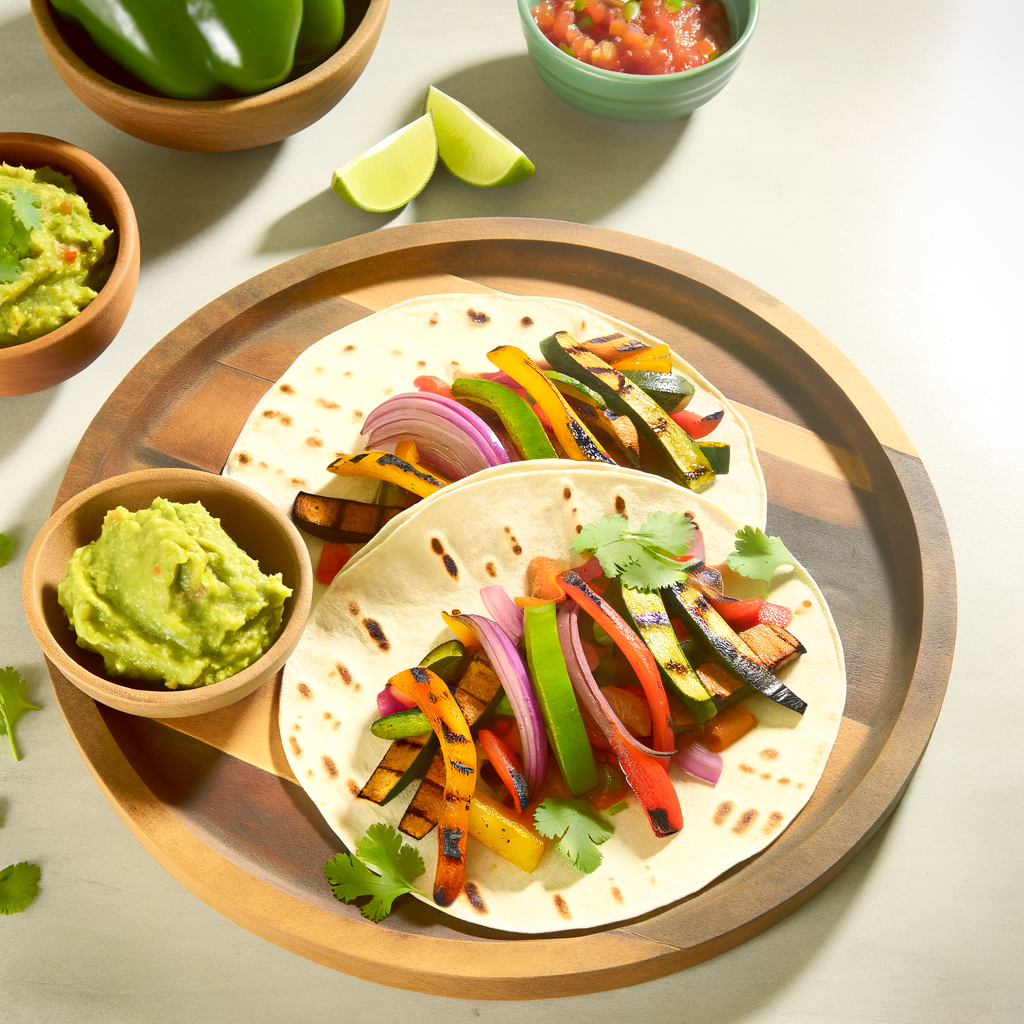Thriving on Plants: A Super Bowl Champion’s Vegan Journey
Switching to a vegan lifestyle can revolutionize not only personal health but also athletic performance. One such inspiring story comes from a professional football player, a Super Bowl champion who has embraced a plant-based diet and witnessed transformative results. This article explores how this elite athlete thrives on a vegan diet, providing insights into the benefits, challenges, and practical tips for anyone considering a similar path.
The Decision to Go Vegan
Switching to a plant-based diet often stems from various motivations, such as health benefits, ethical considerations, and environmental concerns. For this football champion, the decision was primarily health-focused. Experiencing chronic inflammation and sluggish recovery times, the search for a solution led to exploring the potential of plant-based nutrition.
Health Benefits Noticed
The shift to a vegan diet resulted in several health benefits:
- Reduced inflammation
- Quicker recovery times
- Increased energy levels
- Better overall performance on and off the field
Navigating the Transition
Transitioning to a vegan diet involves more than just removing animal products from one’s plate. It requires thoughtful planning to ensure that nutritional needs are met, especially for high-performance athletes who have unique dietary requirements.
Key Nutrients for Athletes
Ensuring a balanced intake of essential nutrients is crucial. Here are some key nutrients that athletes need to pay attention to on a vegan diet:
- Protein: Sources include legumes, tofu, tempeh, quinoa, and seitan.
- Iron: Found in lentils, chickpeas, tofu, pumpkin seeds, and fortified cereals.
- Calcium: Present in fortified plant milks, leafy greens, almonds, and tofu.
- Vitamin B12: Acquired through supplements or fortified foods.
- Omega-3 fatty acids: Found in flaxseeds, chia seeds, and walnuts.
Meal Planning and Preparation
Adequate meal planning is essential for ensuring a well-rounded diet. Utilizing recipes that are nutrient-dense and aligning meal prep with the athlete’s training schedule can make the transition smoother. Some tips include:
- Preparing meals in advance to avoid last-minute unhealthy choices.
- Incorporating a variety of fruits, vegetables, grains, and legumes to cover all nutrient bases.
- Experimenting with spices and herbs for flavor without adding extra calories.
Performance Impact on the Field
The impact of a vegan diet on athletic performance is noticeable not only in terms of health but also in playing capabilities. Improved energy levels, faster recovery, and stamina gains are some of the effects observed.
Increased Energy Levels
A diet rich in fiber, vitamins, and antioxidants helps maintain stable energy throughout the day. Consuming complex carbohydrates such as oats, brown rice, and sweet potatoes provides a steady release of energy crucial for intense training and games.
Faster Recovery
The anti-inflammatory properties of a plant-based diet aid in reducing recovery times. Foods rich in antioxidants – berries, leafy greens, nuts, and seeds – help fight oxidative stress and muscle soreness, promoting quicker healing after rigorous workouts or competitions.
Overcoming Challenges
Adopting a vegan diet can present challenges, particularly in the realm of social dynamics and finding suitable food options while traveling or at events. Overcoming these obstacles is entirely possible with the right approach.
Social Challenges
Explaining dietary choices at social gatherings, dealing with limited options at restaurants or team events, and managing potential skepticism from others can be daunting. Strategies to address these include:
- Communicating dietary preferences clearly ahead of gatherings.
- Bringing along vegan-friendly dishes to share.
- Focusing on the positive aspects of the diet, like improved performance and health.
Accessible and Convenient Options
Finding vegan options on the go is easier than ever before thanks to the growing availability of plant-based foods. When in doubt, one can always rely on:
- Stocking up on portable snacks like nuts, dried fruits, and protein bars.
- Using apps that list vegan-friendly restaurants and stores.
- Learning to read labels and identify plant-based alternatives at grocery stores.
Supporting a Sustainable Lifestyle
Adopting a vegan lifestyle extends beyond personal health benefits; it contributes to environmental sustainability and animal welfare. Reducing reliance on animal products lowers an individual’s carbon footprint and conserves natural resources.
Environmental Impact
A plant-based diet typically requires fewer natural resources and produces less greenhouse gas emissions compared to diets rich in animal products. By choosing plant-based options, individuals can significantly reduce their ecological impact.
Animal Welfare
Embracing veganism can also be a step towards more humane treatment of animals. By opting out of consuming animal products, individuals support a reduction in demand for factory farming and other practices that often involve animal cruelty.
Inspiring Others
The journey of a professional athlete adopting a vegan diet serves as a powerful motivator for others. It busts myths about the necessity of animal protein for strength and performance, pushing more people to consider the potential of a plant-based lifestyle.
Sharing the Journey
A sports figure’s open discussion about their vegan diet can inspire fans, peers, and aspiring athletes to explore similar paths. Sharing recipes, workout routines, and personal testimonials can demystify the transition and highlight the broader benefits of veganism.
Promoting Plant-Based Alternatives
Encouraging others to explore plant-based meals, meat substitutes, and nutritional supplements can create a ripple effect, fostering a larger community of individuals committed to health, sustainability, and animal welfare.
Adopting a vegan diet entails dedication and thoughtful planning, yet the rewards are substantial. Improved health, enhanced athletic performance, and contributing to a more sustainable world are compelling reasons to consider this lifestyle change. Motivational stories from accomplished individuals in various fields, such as a Super Bowl champion, emphasize that thriving on plants isn’t just possible – it can pave the way to remarkable achievements.











